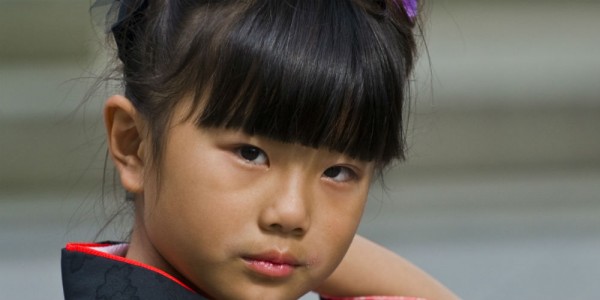When you choose to adopt internationally the odds are great that you are adding diversity to your family. With this choice you are also making the decision to accept, value and participate in another culture-–your child’s birth culture.
A few helpful reminders as you embark on such a task:
- Your depiction of your child’s birth culture will influence how they view themselves and where they came from.
- Your knowledge of your child’s birth culture will help you to answer questions your child has as they grow.
- Your commitment to incorporating your child’s birth culture into your everyday world sends a message to your child that you value who they are.
- Your child deserves to feel connected to their birth culture and their family of birth.
Parents can help their child to understand their beginnings by taking photos of the child and caregivers prior to the adoption, sharing their child’s birth story from the child’s perspective rather than the parent’s perspective, and returning with their child to their country of birth.
Children need to gather information about and determine the importance of the details of their life story. Creating a life book together and sharing truthful, accurate information with a child will help them to do this.
Children may feel that they are straddling a fence, unable to determine whether they are more one culture or another. Providing them information and opportunities to learn more about their birth culture can help them to feel more at peace with this ambiguity. Participating in cultural events, learning about traditions in their birth culture and celebrating them in the home can help to create a bridge between the two cultures they are a part of.
Children typically want to belong. Belongingness is the emotional need to be an accepted member of a group. Some children will have a strong desire to connect to the places where they were born, while others will have little desire. However, enabling a child to search for and uncover links with their country of birth and their country of adoption will enhance a sense of belonging and “fitting in”.
The connection that a child will start to develop through these various means will strengthen their self-identity. It might be challenging at times, but fully embracing all of the cultures that are part of an adoptive family’s ancestry is well worth the effort.
When raising a child adopted Internationally, remember that, just as the commitment to parent is lifelong, it will be forever important to have love for their child’s country and respect for its people.

